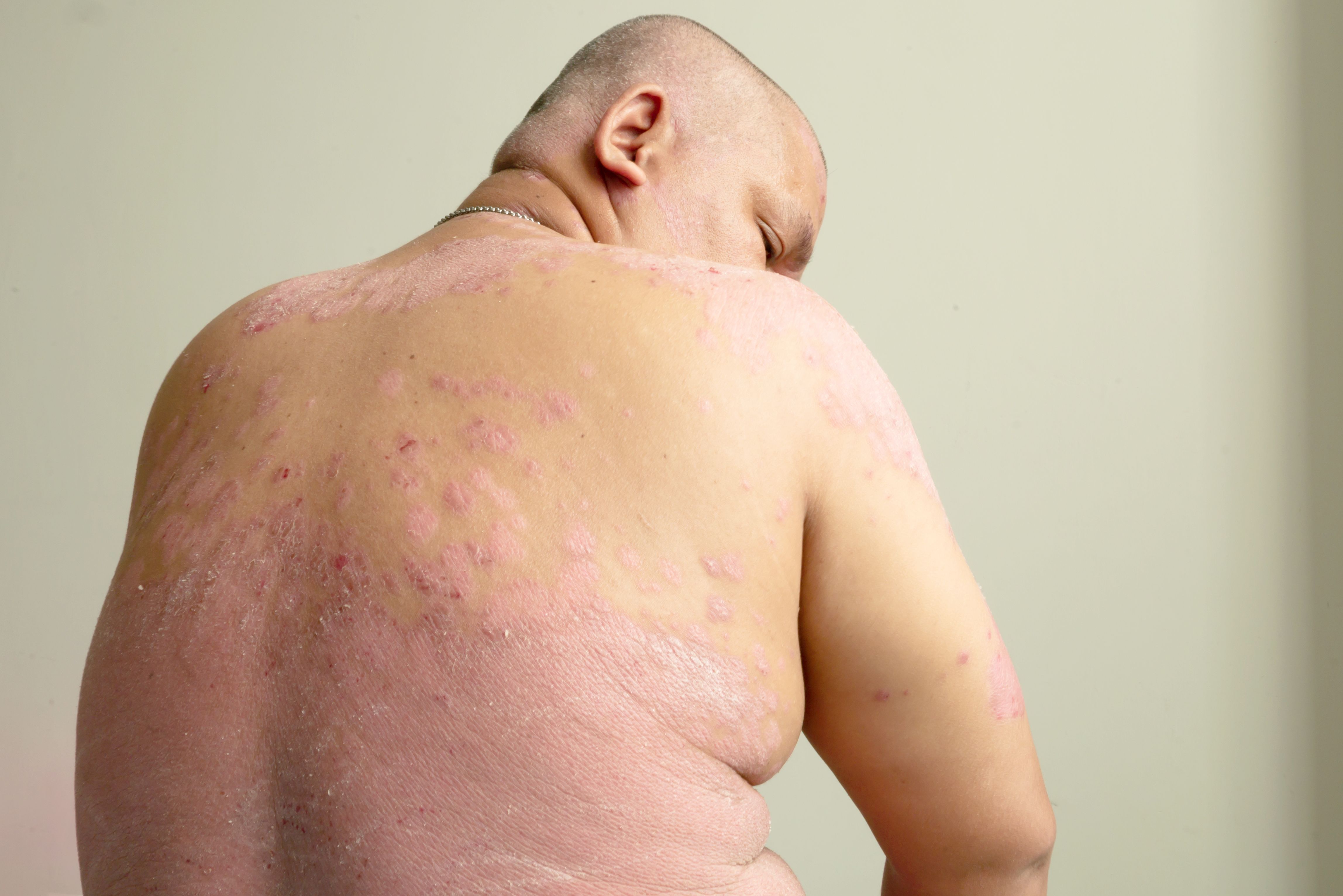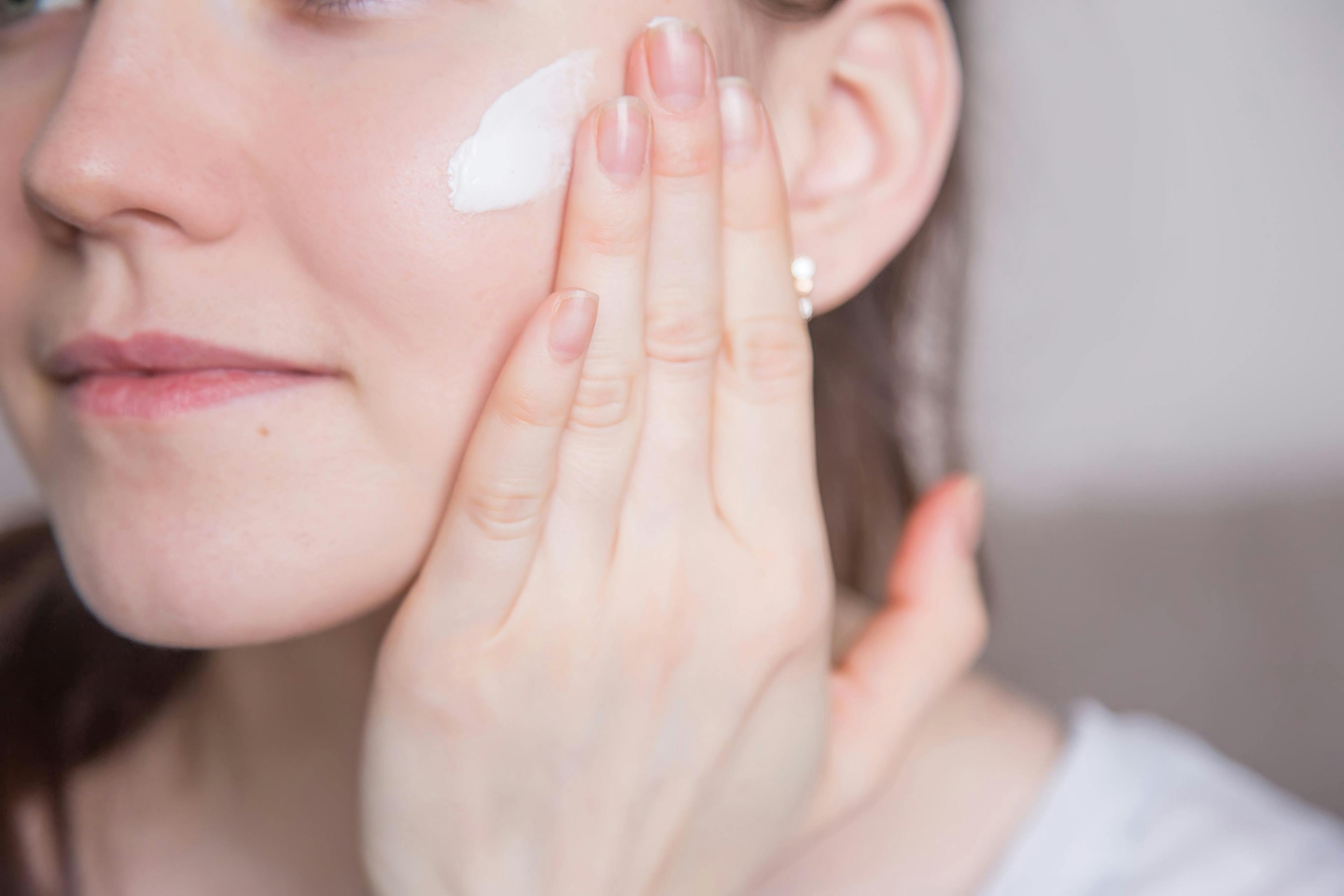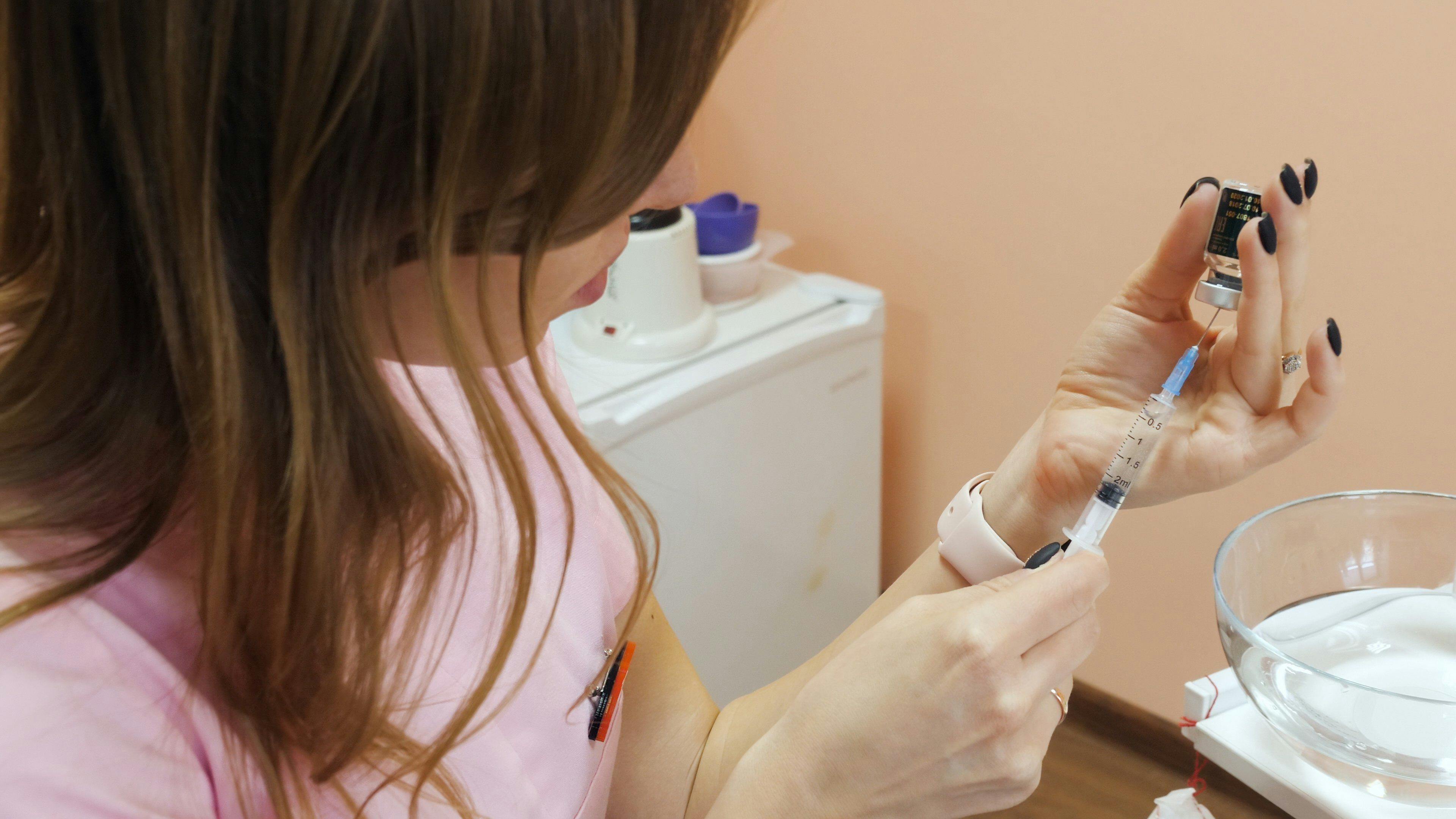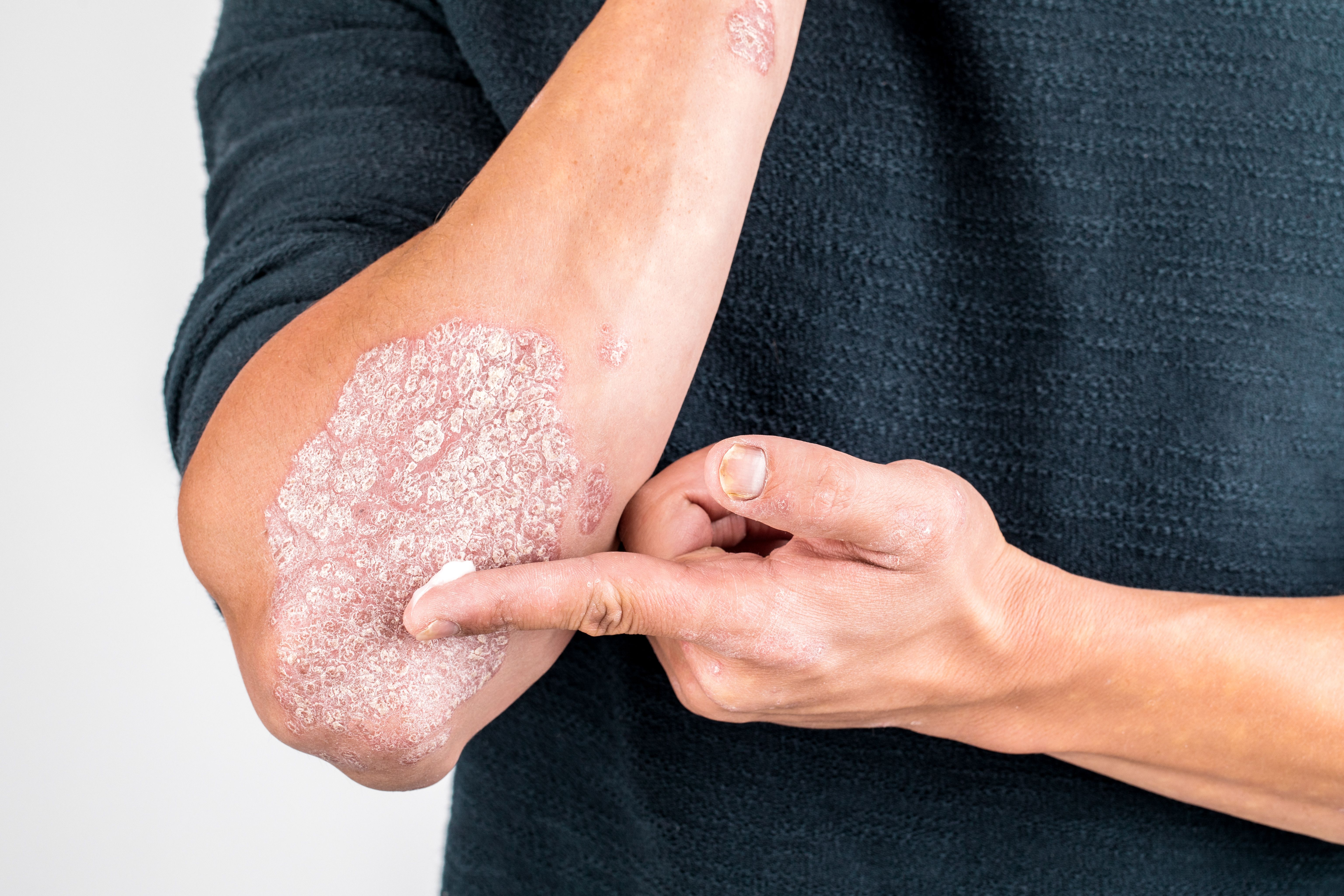- Acne
- Actinic Keratosis
- Aesthetics
- Alopecia
- Atopic Dermatitis
- Buy-and-Bill
- COVID-19
- Case-Based Roundtable
- Chronic Hand Eczema
- Chronic Spontaneous Urticaria
- Drug Watch
- Eczema
- General Dermatology
- Hidradenitis Suppurativa
- Melasma
- NP and PA
- Pediatric Dermatology
- Pigmentary Disorders
- Practice Management
- Precision Medicine and Biologics
- Prurigo Nodularis
- Psoriasis
- Psoriatic Arthritis
- Rare Disease
- Rosacea
- Skin Cancer
- Vitiligo
- Wound Care
Publication
Article
Dermatology Times
Cognitive behavioral therapy effective for psoriasis
Author(s):
Cognitive behavioral therapy (CBT) can successfully treat the physical symptoms of psoriasis and systemic treatment doesn't seem to provide an extra boost to its effectiveness, a new systematic review and meta-analysis finds.
"[Cognitive behavioral therapy] can reduce the stigma and confusion surrounding affective and anxiety responses to the disease, and it may improve psoriasis severity by inhibiting the inflammation associated with depression and anxiety," study authors write. (Nikkikii - stock.adobe.com)

Cognitive behavioral therapy (CBT) can successfully treat the physical symptoms of psoriasis, a new systematic review and meta-analysis finds – and systemic treatment doesn't seem to provide an extra boost to its effectiveness.
However, the authors of the report aren't ready to suggest that CBT become a mainstay of psoriasis treatment. "Although the results show that CBT is effective, we cannot draw the simplistic conclusion that CBT is a universal effective therapy to all psoriasis patients because CBT is tailored for individual patients and there is heterogeneity in the delivery of this method," write the authors, whose findings appeared online Feb. 9 in Psychology Research and Behavior Management.1
The report, led by dermatologist Yi Xiao, MD, MPH, of Central South University in Changsha, China, notes that mental conditions such as anxiety and depression appear to be more common in psoriasis.
According to a 2016 review, previous research has suggested psoriasis and psychiatric disorders are highly correlated compared to other dermatologic diseases, and "patients may have specific psychopathologic features that are not commensurate with the extent of skin lesions." In addition, the review reported that "studies have shown that these patients suffer from the same deterioration in health-related quality of life as patients with cancer and cardiovascular diseases."2
The researchers of the current review examined 8 randomized controlled trials of psychological interventions for psoriasis. The trials, published in English and Chinese, were small – with intervention and control groups ranging from 20 to 83 people – and included a total of 765 subjects.
Five of the trials tested various types of CBT (including 1 that applied it with biofeedback). The other 3 trials examined "telephone-based emotional disclosure," "group multiprofessional education" and "telephone-based motivational interviewing."
Most of the trials lasted 6 or 12 weeks; 2 lasted 6 months.
The researchers found a statistically significant improvement for CBT only: The pooled estimate was −1.80 (combined Psoriasis Area and Severity Index [PASI] and Self-administered Psoriasis Area and Severity Index [SAPASI], 95% CI: −2.57 to −1.03; P<0.001). The studies measured PASI, SAPASI or both.
"The subgroup analysis shows that CBT, rather than other specific psychological interventions, is effective in PASI reduction with a moderate effect size," the researchers write.
Some of the studies complemented CBT with systemic treatments such as etanercept (Enbrel), methotrexate and cyclosporine. These treatments didn't appear to boost the effectiveness of CBT.
The researchers also found that in-person CBT in groups or individual sessions appeared to be more effective than remote CBT delivered by phone or the Internet.
Why might CBT be effective in psoriasis?
"CBT can reduce the stigma and confusion surrounding affective and anxiety responses to the disease, and it may improve psoriasis severity by inhibiting the inflammation associated with depression and anxiety," the authors write. "In addition, CBT provides a tailored approach to correct misconceptions and expand knowledge about the nature of psoriasis; for example, believing it to be contagious. Moreover, CBT may be helpful in tackling feelings of despondency and hopelessness in patients, making them more participative in their treatments."
The study was funded by the Ministry of Science and Technology of the People’s Republic of China and the Department of Science and Technology of Hunan Province. The study authors report no relevant disclosures.
References:
1. Xiao Y, Zhang X, Luo D, Kuang Y, Zhu W, Chen X, Shen M. The efficacy of psychological interventions on psoriasis treatment: a systematic review and meta-analysis of randomized controlled trials. Psychology Research and Behavior Management. 2019; 12: 97–106; doi: 10.2147/PRBM.S195181.
2. Ferreira BI, Abreu JL, Reis JP, Figueiredo AM. Psoriasis and Associated Psychiatric Disorders: A Systematic Review on Etiopathogenesis and Clinical Correlation. J Clin Aesthet Dermatol. 2016 Jun; 9(6): 36–43.

Newsletter
Like what you’re reading? Subscribe to Dermatology Times for weekly updates on therapies, innovations, and real-world practice tips.























